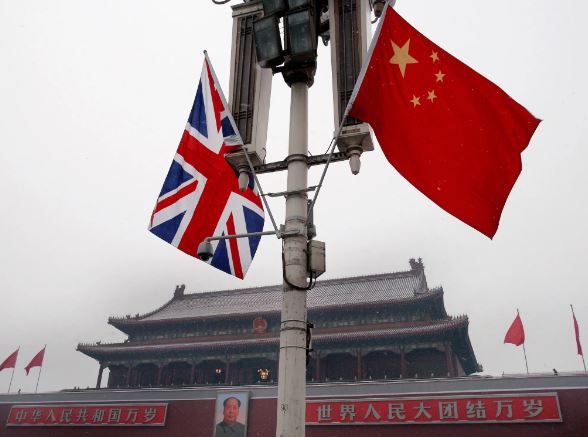In a significant development, China’s foreign ministry publicly acknowledged the case of Ian J. Stones, a British businessman who mysteriously disappeared in China in 2018. The ministry revealed that Stones was sentenced to five years in prison in 2022, marking the first official acknowledgment of his case.
Stones had been a longstanding resident of China since the 1970s, working with prominent companies like General Motors and Pfizer. Following his disappearance, there was little information available about his whereabouts, although speculation within the business community hinted at his secret detention.
According to a spokesman for the Chinese foreign ministry, Stones was convicted in 2022 of “buying and unlawfully supplying intelligence for an organization or individual outside China.” Despite Stones’s appeal, which was rejected in September 2023, the ministry emphasized that the trial adhered strictly to legal procedures, affirming China’s commitment to safeguarding the rights of both Chinese and foreign individuals.
The revelation comes amid heightened concerns among foreign entities about the risks associated with operating in China, especially given the country’s increasingly insular political climate under the leadership of President Xi Jinping. China’s recent revisions to its counterespionage law, expanding the definition of espionage, and its warnings about interactions with foreigners have raised apprehensions among foreign businesses and governments.
Foreign governments have previously accused China of detaining foreigners for political purposes, echoing the case of two Canadians arrested in 2018 following Canada’s detention of a prominent Chinese technology executive. The detention of individuals like Australian businessman Yang Hengjun underscores the complexities of navigating China’s legal landscape for foreigners.
Stones, a seasoned professional with decades of experience in China, had held senior managerial positions with reputable companies and maintained close relationships with both Western investors and Chinese government agencies. His consultancy firm, Navisino Partners, specialized in resolving complex challenges and structuring deals in China, highlighting his expertise and influence in the business community.
Despite Stones’s significant contributions to business and his fluency in Chinese, the circumstances surrounding his arrest remain unclear. There is limited information about the charges against him, and communication between the British and Chinese governments on the matter has not been disclosed.
Stones’s detention coincides with a period of strained relations between Britain and China, characterized by disagreements over issues such as Huawei’s involvement in Britain’s telecommunications network, civil rights in Hong Kong, and China’s policies in Xinjiang and Taiwan. The British government’s firm stance against China’s actions has contributed to the deterioration of bilateral ties between the two nations.
As Stones’s case unfolds, it serves as a stark reminder of the challenges faced by foreign individuals and businesses operating in China’s complex political and legal environment. With the outcome of Stones’s imprisonment uncertain, his situation highlights the broader implications of China’s approach to governance and its impact on international relations.

